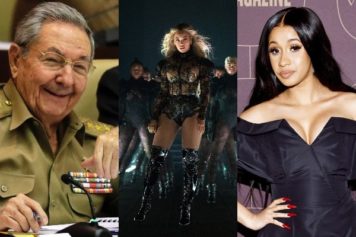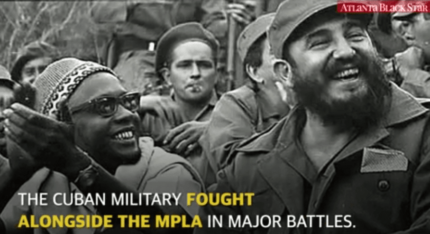Dressed in an impeccable custom-tailored suit and a Versace tie instead of his usual military fatigues, General Raul Castro addressed Cuba’s parliament on Feb. 24. He did not discuss political or economic reforms. Instead, he announced he would be stepping down from power at the end of the five-year term for which he had just been elected.
If the Pope retires, “I can also retire,” he explained. Yet Cubans would have to wait for the “younger” brother to reach 87 years of age to see the end of the Castro dynasty.
But not so fast. There are other Castros in the wings. In particular, Raul’s son, Alejandro Castro Espin, a colonel in Cuba’s intelligence apparatus, could be groomed in the future by becoming a general and a member of the Communist Party Politburo, Cuba’s ruling body.
In the meantime, Raul appointed a younger Communist, Miguel Diaz Canel, as first vice president among five other vice presidents. A hardline party apparatchik, Diaz Canel, a 52-year-old engineer and former minister of education, grew up under Fidel and Raul’s shadow as an obedient and disciplined Marxist. A protégé of Ramon Machado Ventura, an old communist and (until Sunday) first vice president, Diaz Canel mirrors the ideological rigidity of his mentor.
A second appointment followed. This one for president of the National Assembly (Cuba’s Parliament). Raul picked another old and loyal Communist, Esteban Lazo. Lazo has been the only prominent Cuban black to occupy any high-ranking position in the predominantly white-controlled Cuban government. A bland, obedient bureaucrat, Lazo will follow the parliament’s tradition of rubber-stamping the laws issued by the leadership.
The two appointments seemed more symbolic than significant.
Raul Castro wanted to send a double message — that the octogenarian Cuban leadership was now giving way to a new, younger generation of leaders. Also, aware of the unhappiness among Cuba’s black population, impoverished and neglected by the regime, he wanted to elevate a loyal supporter to the ceremonial position in the parliament.
It is doubtful that the majority of Cubans (more than 60 percent of whom are black and mixed race) will be appeased by these appointments or renew their belief in the Cuban revolutionary leadership. Similarly, the appointment of a young hardline bureaucrat is unlikely to gain much favor with Cuba’s youth, hoping for deeper political and economic changes.


